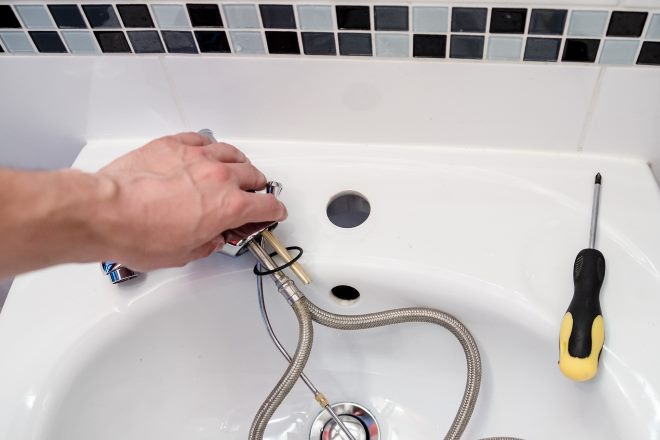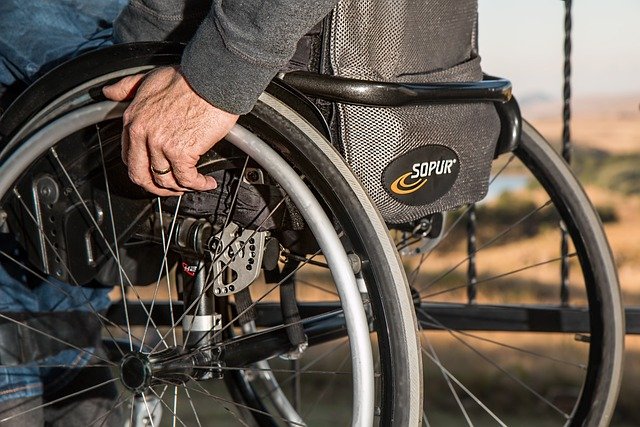When DIY Isn’t Enough: How to Know It’s Time for a Licensed Plumber
A dripping faucet might seem harmless, and a slow drain easy to ignore—but some plumbing issues signal bigger trouble ahead. This article explores the key signs that it’s time to call a professional plumber, from low water pressure and recurring clogs to strange smells and water stains. Readers will learn which problems can be handled with a wrench and which ones demand expert attention. Whether it’s about preventing costly damage or avoiding a DIY disaster, knowing when to make the call can make all the difference.

Common Plumbing Issues You Can Handle Yourself
Many routine plumbing problems can be safely addressed without professional help. Unclogging a sink with a plunger, replacing a shower head, or tightening a leaky faucet are typically straightforward fixes. Basic maintenance tasks like cleaning drain stoppers, adjusting toilet flappers, or using enzyme-based drain cleaners can also be performed by homeowners with basic tools and knowledge.
Red Flags That Require a Professional Plumber
Certain plumbing issues demand immediate professional attention. These include sewage backups, multiple clogged drains, persistent low water pressure, or the smell of gas near appliances. Water heater problems, especially those involving gas lines or electrical components, should always be handled by licensed professionals. Foundation cracks, pipe bursts, or signs of water damage in walls or ceilings also require expert intervention.
Why Timing Matters in Plumbing Repairs
Addressing plumbing issues promptly can prevent extensive damage and higher repair costs. Small leaks can waste thousands of gallons annually and lead to mold growth or structural damage. During winter months, frozen pipes require immediate attention to prevent bursting. Emergency plumbing services typically cost more than scheduled maintenance, making timely recognition and response to potential problems crucial.
DIY vs. Professional: How to Decide
Consider several factors when determining whether to attempt repairs yourself or call a professional. Assess the complexity of the problem, required tools and expertise, and potential risks. Simple fixes using readily available tools are often suitable for DIY, while jobs requiring specialized equipment, permits, or system knowledge should be left to professionals. Safety concerns, especially involving gas lines or main water lines, always warrant professional intervention.
What to Expect When You Call a Plumber
Professional plumbing services typically begin with a diagnostic assessment to identify the problem’s source. Licensed plumbers provide detailed explanations of required repairs and estimated costs before beginning work. They carry proper insurance and warranties for their services and use professional-grade tools and materials.
| Service Type | Average Cost Range | Typical Timeline |
|---|---|---|
| Basic Service Call | $75-150 | 1-2 hours |
| Drain Cleaning | $150-400 | 1-3 hours |
| Pipe Repair | $250-800 | 2-4 hours |
| Water Heater Installation | $800-3,000 | 2-6 hours |
| Emergency Services | $150-300/hour | Varies |
Prices, rates, or cost estimates mentioned in this article are based on the latest available information but may change over time. Independent research is advised before making financial decisions.
The decision to call a licensed plumber ultimately depends on the specific situation, your skill level, and the potential risks involved. While DIY solutions can save money on minor repairs, professional plumbing services provide expertise, proper equipment, and guarantees that protect your home and ensure lasting repairs. Understanding when to make this transition helps maintain your plumbing system’s integrity while avoiding costly mistakes.




